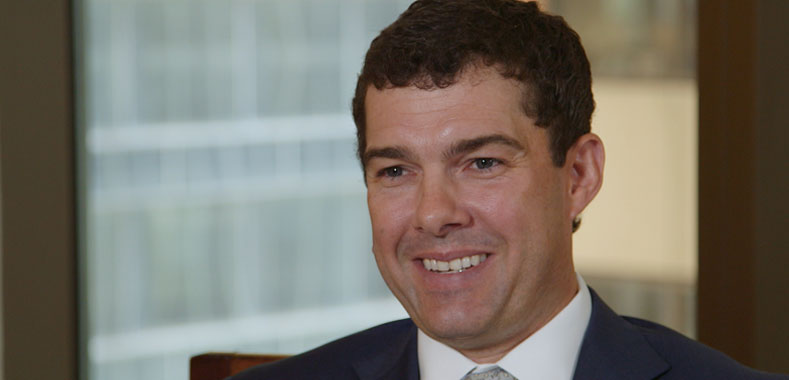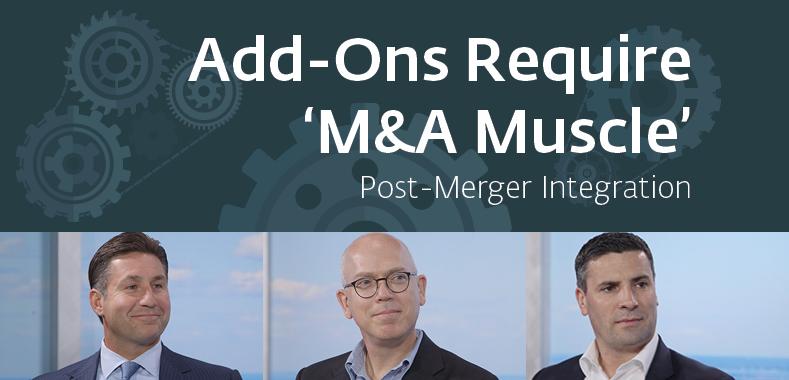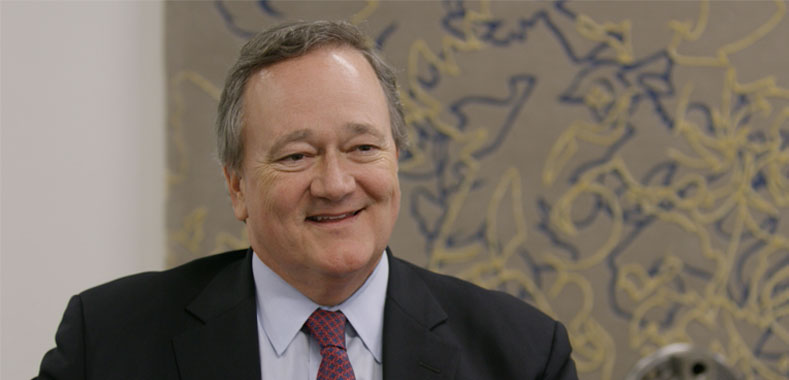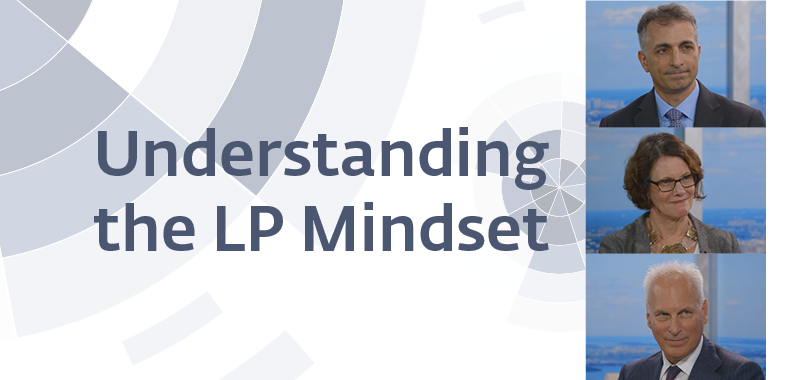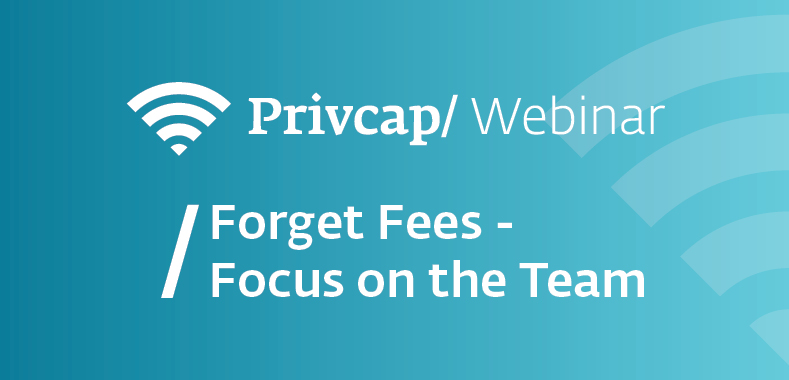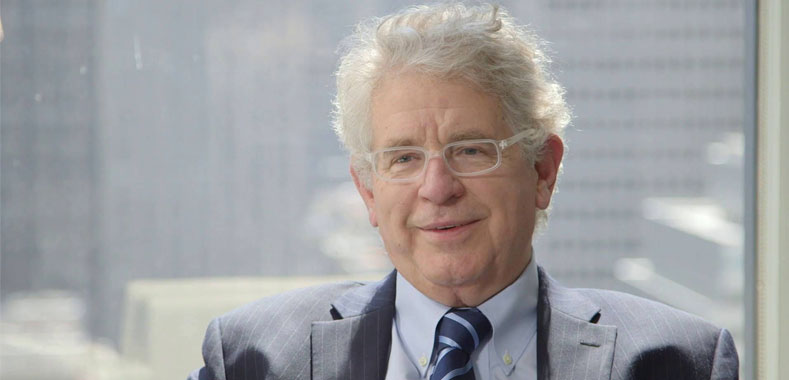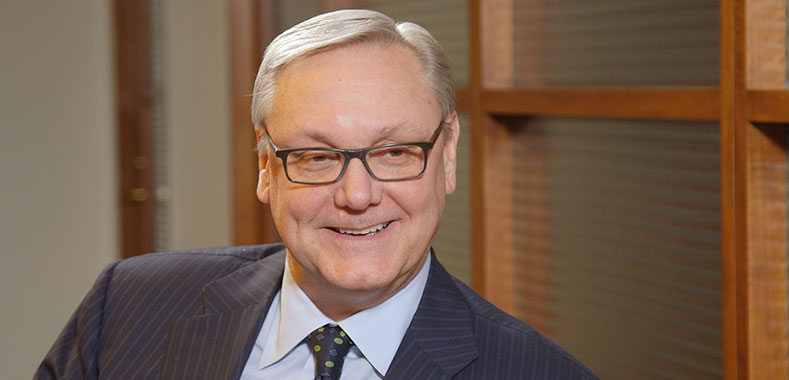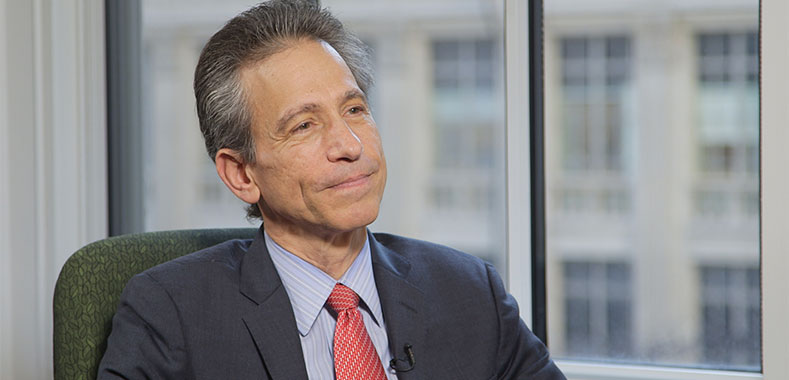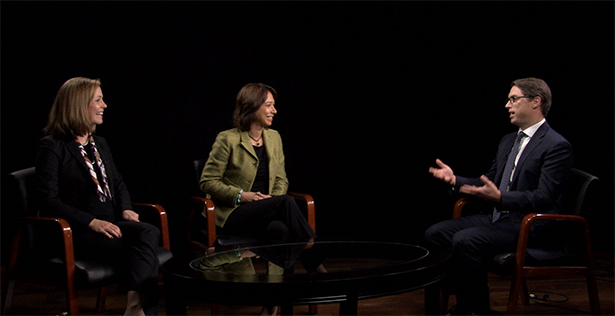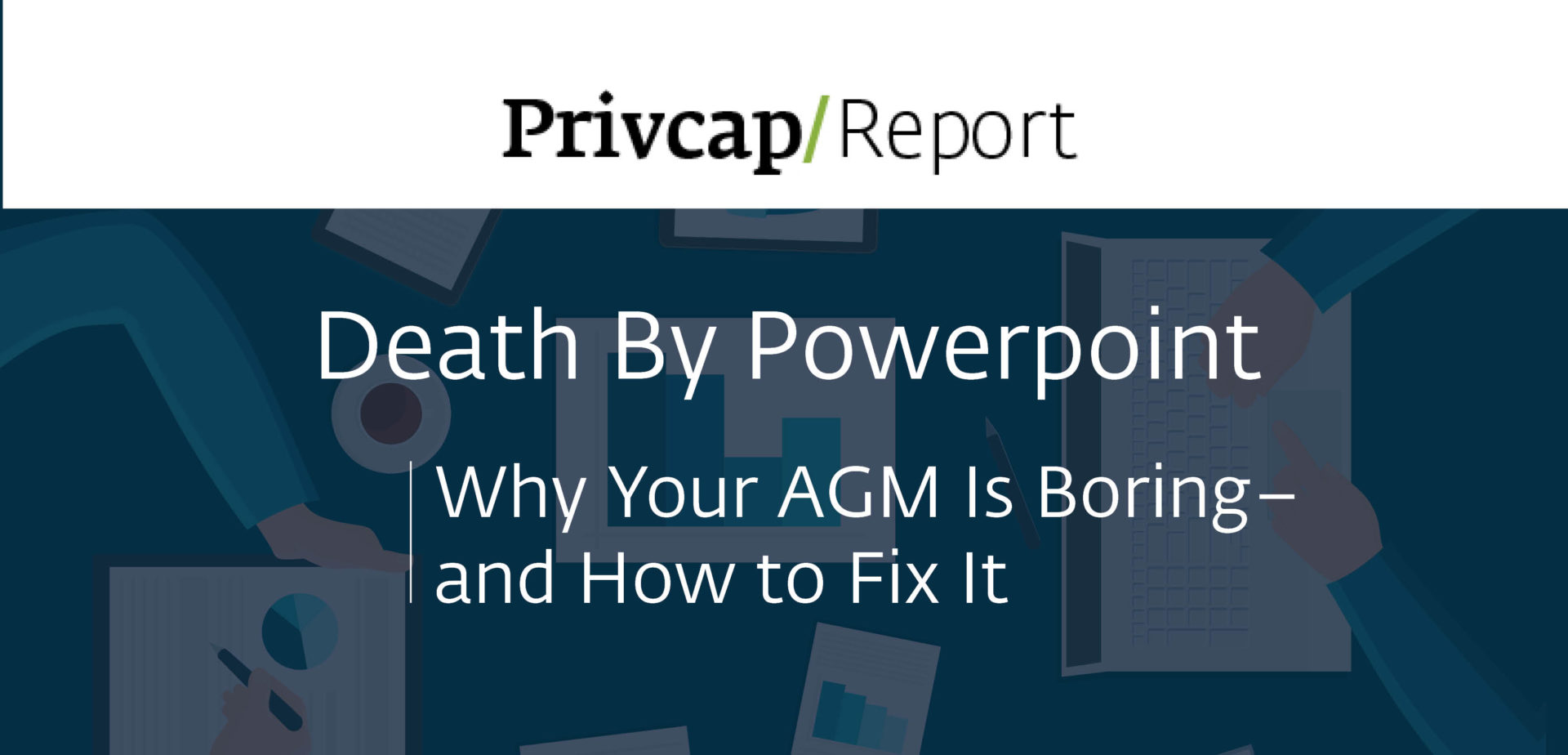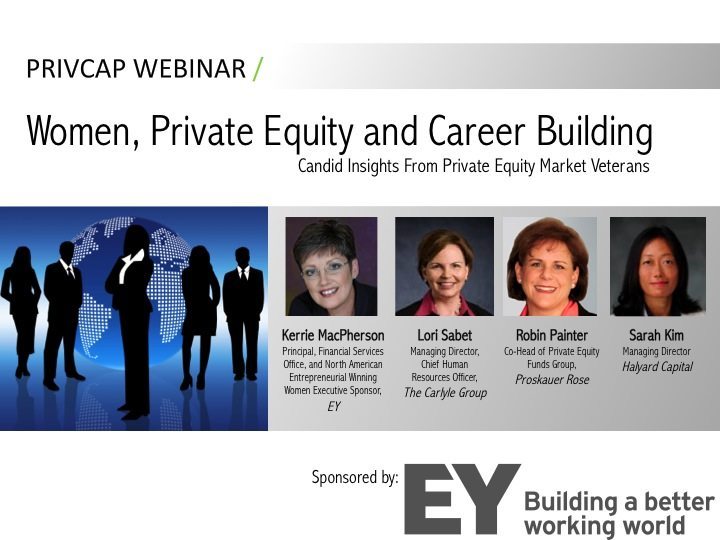Mid-Career Professional? How to Get Your Next Private Equity Job
Private equity firms are increasingly open to hiring talent from outside the industry
With demand outstripping supply, now is a very good time to be a mid-career private equity professional.
The boom in alternative assets spells opportunity for those looking to advance their career and, given a talent shortage for younger professionals, funds are looking beyond the typical deal-making pedigree that is typically sought to fill transactional roles.

“A lot of PE firms now find themselves being top-heavy as senior management made partner in their 40s and is not going anywhere,” said a NYC-based executive recruiter with over a decade of experience. “[VP-level professionals] who are coming up behind start looking elsewhere to promote their career,” she added.
Fund-raising for 2016 came close to $500 billion, making last year the third-best since 2008 and 2007, when $557 billion and $508 billion respectively were raised, according to private equity fund placement agent Triago’s December quarterly update. Private equity’s assets under management have grown to $4.3 trillion from $30 billion over the past two decades, according to Triago’s June update.
“Hiring one to three years out of business school is very competitive,” says Alison Bellino, managing partner at BellCast Partners, a New York-based private recruiting firm focusing on roles from analyst to partner. “Smaller firms are perceived to have better lifestyle and more upward mobility, but the economics at larger funds are often better. There are trade-offs on both sides,” she added.
Even though traditionally private equity firms prefer someone with deal experience, the pool of candidates with previous PE experience is “not big enough” given the increased demand for talent, says Vanessa Bailey, founder and partner at Cressida Partners, a recruiting and staffing firm focused on private equity in New York City.
“Diversification is what I call it,” she says.
Adds Bellino, “It started for the first time 10 years ago and now we are living the second reiteration with recruiters and HR departments reaching out to the candidates with corporate development, consulting and hedge fund background to see if they want to make the move.”
However, a lot of firms are still more traditional and look for candidates with private equity experience, says Bellino.
PE firms should also be vigilant about their mid-level staff from the succession-planning standpoint, says Joelle Marquis, a managing director and partner with Arsenal Capital Partners, a private equity firm focused on mid-market healthcare and specialty industrial companies.
“There is a need to hire at that level. You have some people running through the cycle but [often firms find] that they need to bring more mid-level professionals,” she said.
The VP is like a quarterback of the deal team, says Bellino. It is a key role comparable to a being a project manager on a construction team.
“[Hiring someone at that level] is a good bang for the buck as you don’t have to manage them all the time and they can help you manage more junior people, too,” she adds.
On a more senior level, there is a drive to bring people who have specialist industry experience, adds Marquis, whose firm has a very strong operating model where investment and operating partners are equal. Given the proliferation of private equity over the last two decades, a lot of candidates have already worked either at the PE firm or at a PE-owned portfolio company, which is an added plus. However, given the pressure on the carry and LP demands, some firms are moving their operating partners to 1099 positions, she says.
Private equity firms are increasingly open to hiring talent from outside the industry.

